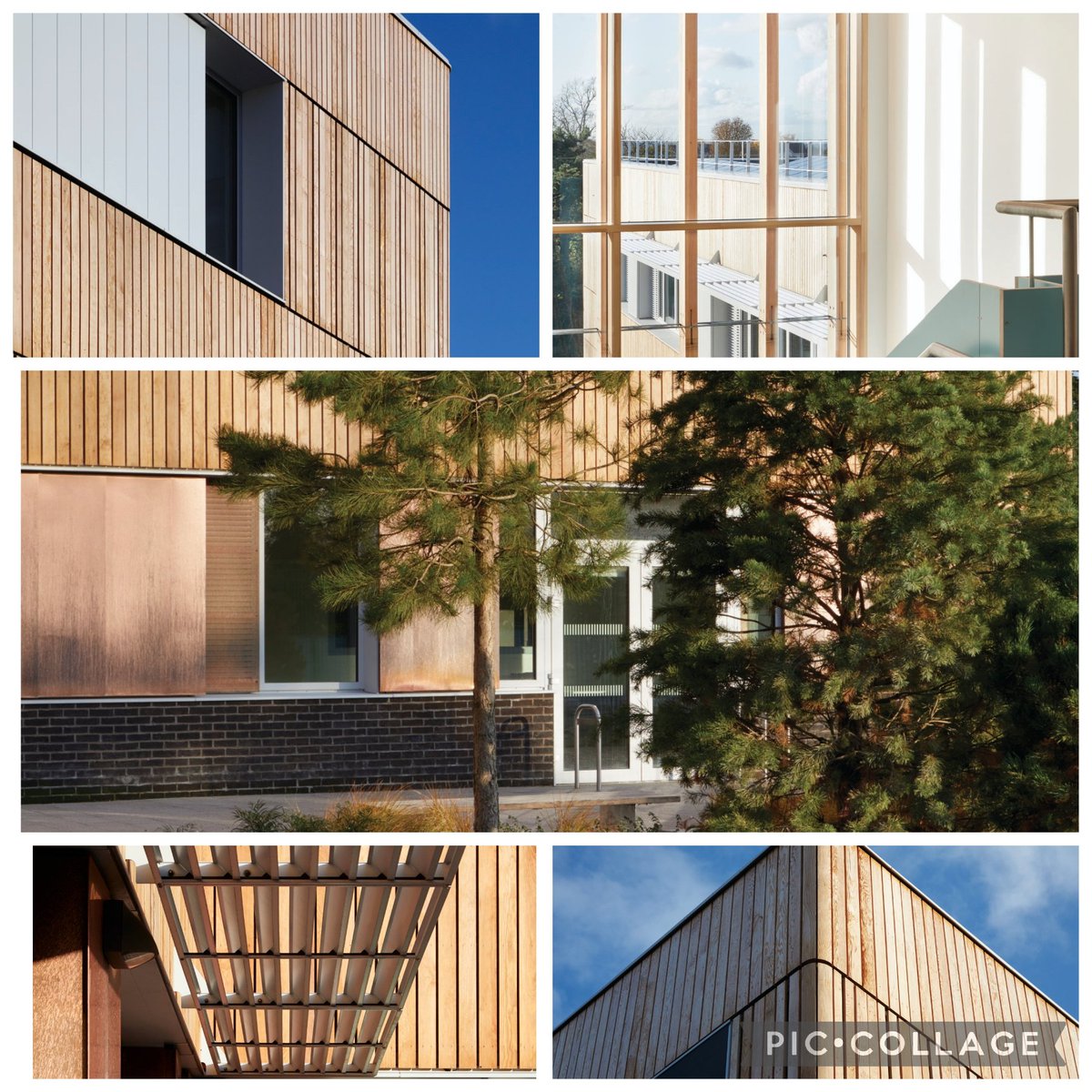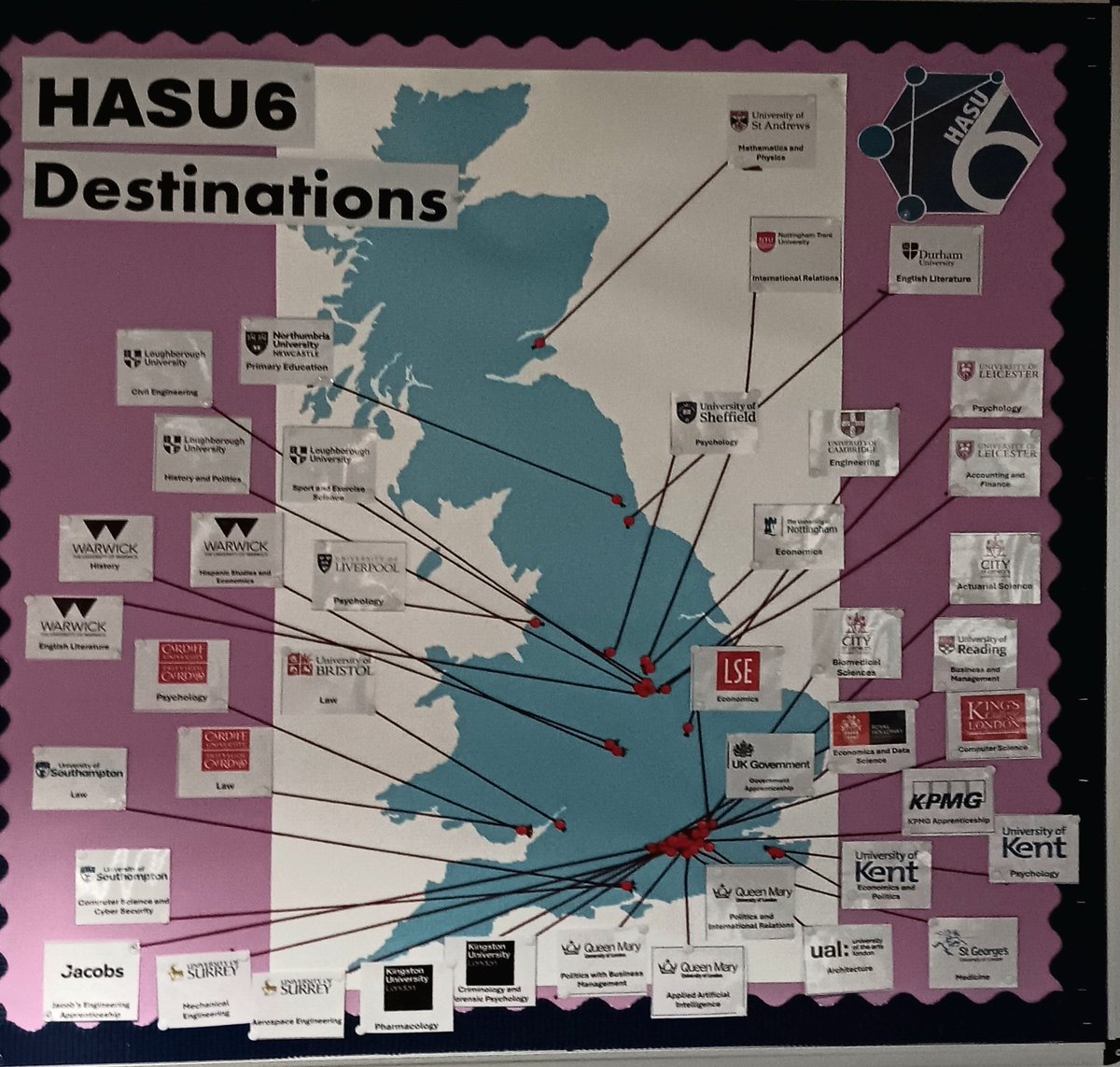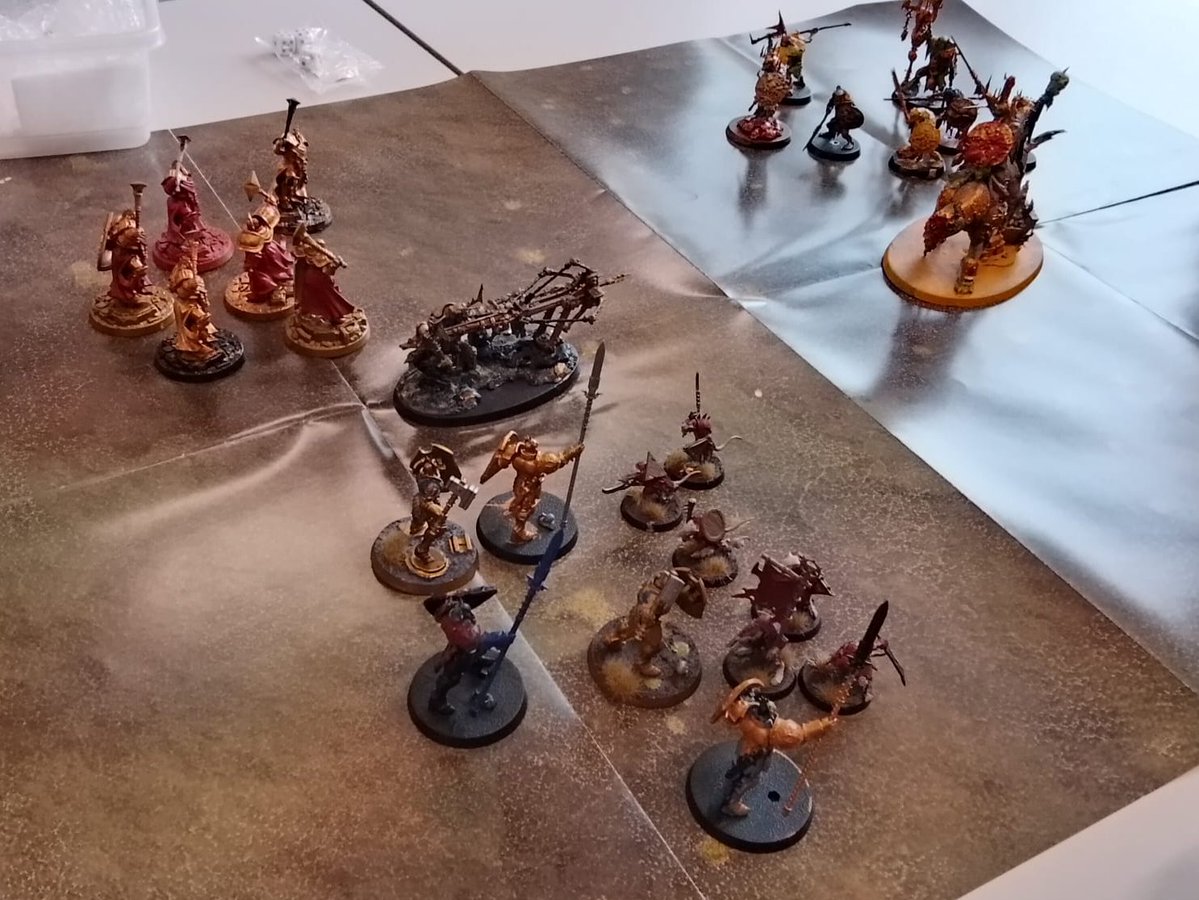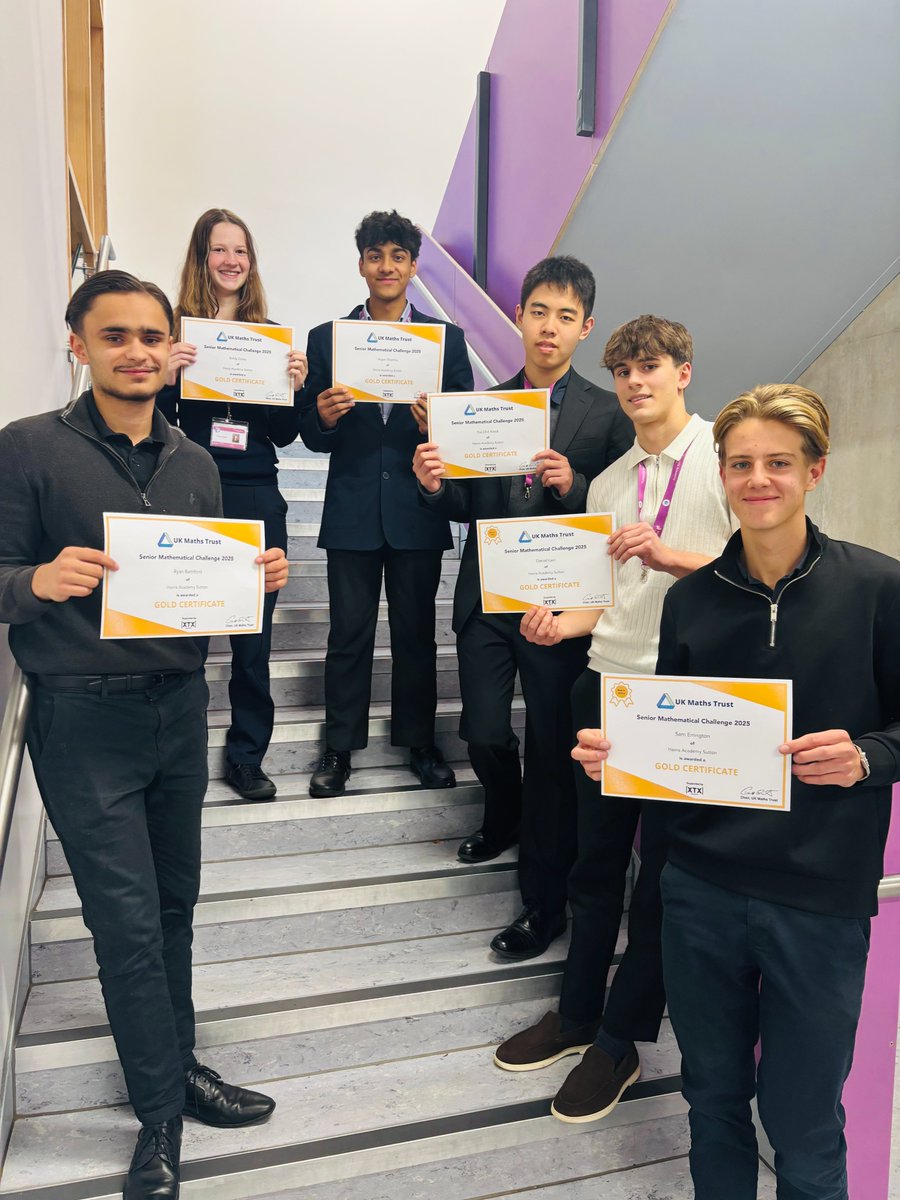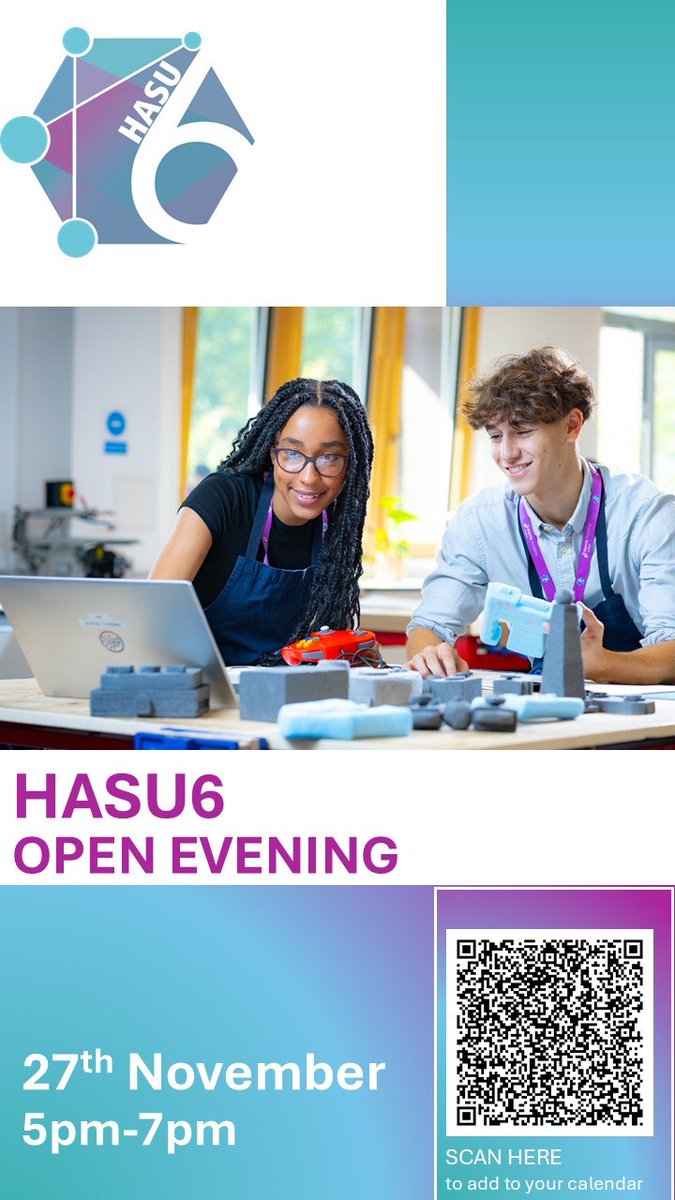Assessment
Assessment is an important tool support teaching and learning, and takes many forms. At HASU, we carefully use assessment to both check students’ understanding in order to inform our teaching, and to help students embed and fluently apply the knowledge that they have learned.
A wide variety of opportunities for assessment are taken at HASU, both formal and informal, including but by no means limited to:
- Day to day formative assessment in lessons, intended to help teachers assess students’ understanding of that which has been taught.
- Learning Snapshots, which are carefully designed assessments set once or twice per half term intended to gauge students’ progress over a sequence of lessons or topics.
- Formal Assessments, which are sat mid-year and end-of-year and are intended to assess students’ sustained progress over time.
We know that progress looks different in different subjects, and that the best mechanisms for assessment often vary between disciplines. As such, while our overarching structure for assessment is consistent across the Academy, each subject has autonomy in setting the number and kind of assessments deemed appropriate by the subject leader.
How do formal assessments work?
All students in Years 7-10 will sit mid-year and end-of-year assessments during set windows across the Academic year. These assessments act as an opportunity to assess learning and progress over time.
More information on Year 11 assessment arrangements can be found on the Raising Achievement page here.
Year 12 we will be assessed formally across three assessment windows due to the depth of knowledge that they will be expected to retain.
Most assessment windows are sat off timetable, meaning that students will follow a specific assessment schedule during the assessment window and normal lessons will be suspended. More information will follow ahead of each assessment window to parents of students in the relevant year groups.
The assessment windows for the 2024-25 Academic Year are outlined below:
|
Y11 Induction Assessments |
30 September- 4 October 2024 |
In lessons |
|
Y13 Mock Examinations 1 |
18-29 November 2024 | Off timetable |
|
Y10 Mid-year Assessments |
2-6 December 2024 |
Off timetable |
|
KS3 Mid-year Assessments |
6-10 January 2025 |
In lessons |
|
Y11 Mock Examinations |
20-31 January 2025 |
Off timetable |
|
Y12 Mid-Year Assessments |
24 February- 7 March 2025 | Off timetable |
|
Y13 Mock Examinations 2 |
10-21 March 2025 | Off timetable |
|
KS3 End of Year Assessments |
4-6 June 2025 | Off timetable |
|
Y10 End of Year Assessments |
16-20 June 2025 |
Off timetable |
|
Y12 End of Year Assessments |
16-20 June 2025 |
Off timetable |
What does assessment look like in the different subjects?
For more information about the kind of assessments used in our different subject areas, see below.
Art
In Art and Design at Key Stage 3, we assess students’ understanding through a range of strategies including practical tasks where students create a final outcome based on the skills taught, short answer questions and written analysis on great artists and craft makers, intended to stretch students. Together, these strategies consolidate learning and allow us to gain a rich picture of how well students’ knowledge of different processes, ideas and Art and Design literacy has developed. At Key Stage 4, we regularly assess students’ understanding through verbal feedback and more formative strategies using the assessment objective set by the exam board.
Business
Students are assessed through end of unit ‘learning snapshots.’ This will incorporate exam style questions that will test at least three out of four assessment objectives; knowledge, application, analysis, and evaluation. We also use assessment strategies such as multiple-choice quizzes and short answer questions to assess knowledge and analysis throughout the term. Alongside the short answer questions, students will be assessed by writing longer answers relating to real life business case studies. This will allow students to enhance their application and evaluation technique.
Citizenship
Students will be assessed through a combination of practise exam style questions that reflects the variety of style and content breadth each citizenship theme covers. This can range from multiple choice questions, short answer, source analysis and extended answer questions. Formative assessments will be used to reflect students’ progress and understanding. It will also allow for supportive reflection of areas to improve and weaknesses which will allow students to improve and develop their responses. These formative assessments will take place twice per half term, with more formal assessments taking place twice a year, where practice exams will be sat with questions from the exam board.
Computer Science
In Computer Science, we assess students’ understanding through a range of assessment strategies like multiple- choice quizzes, timed practical programming assessment and varied practice questions throughout lessons. These strategies combined with our formative and summative assessment schedule in key stage 3 and Exam-board Style Questions in key stage 4 allow us to monitor students’ progress throughout our curriculum.
The outcome of assessment helps us in addressing any misconceptions and informing lesson planning.
Dance
In GCSE dance, we assess students’ understanding through a range of strategies including multiple choice quizzes and short answer and lengthier essay style tasks. These draw upon students’ ability to identify key features of performance and choreography as well as apply their evaluative and analytical skills in response to their own ideas and the work of others. We also use practical assessments which ask students to choreograph and/or perform with specific skills in mind to allow them an opportunity to refine their performance and choreographic skills which are key to their success at GCSE. Together, these strategies consolidate learning and offer students individually tailored feedback to help them progress.
Drama
In GCSE drama, we assess students’ understanding through a range of strategies including multiple choice quizzes and short answer and lengthier essay style tasks. These draw upon students' ability to explain how they would design and devise performances as well as apply their evaluative and analytical skills in response to their own ideas and the work of others. We also use practical assessments which ask students to devise pieces of drama as well as create short script-based performance. These are designed to reflect the students’ understanding of the application of a particular skill in an attempt to achieve their intended impact. Together, these strategies consolidate learning and guide students to reflect an understanding of how drama and theatre are created. Students must approach these assessments not only as performers but also designers, directors and audience members. Due to these different roles, we are able to gain an insight into their knowledge and understanding of how these skills communicate meaning.
DT
In Design and Technology at Key Stage 3, we assess students’ understanding through a range of strategies including questioning and responsive teaching in lessons, Learning Snapshots and written assessments. ‘Do now’ and plenary tasks pose short answer questions and written analysis to assess students understanding and challenge misconceptions. Students will complete Learning Snapshots in each D&T project, which are designed to gauge students’ progress over a sequence of lessons. Students will also sit mid-year and end-of-year written tests. Together, these strategies consolidate learning and allow us to gain a rich picture of students’ progress in building their technical knowledge; designing skills and idea development; practical skills and understanding of different techniques; and evaluative skills.
At Key Stage 4, in both GCSE 3D design and Textiles, we regularly assess students’ understanding through verbal feedback and more formative strategies using the assessment objective matrix set by the exam board. Students develop a personal portfolio of projects and will complete an externally set assignment by the exam board, both are marked according to the assessment objectives. In Design & Technology (Product Design) and Food Preparation and Nutrition GCSE Students will complete a non-examined assessment and a written examination both courses have a NEA element which is worth 50% of the final grade.
English
Big ideas and foundational knowledge and vocabulary are explored, revisited formally and informally which supports our pupils in being able to understand, as well as remember and recall ideas in the medium and long term. Student progress is assessed informally in all lessons through regular low-stakes testing methods, such as ‘Nothing New Just Review’ quizzing, so the teacher can check understanding and intervene as necessary. Pupil extended writing is marked by their class teacher, with one creative writing-based task and one reading, analysis task taking place each half term. These tasks are read by the teacher and both independent and whole class feedback is given to the class to address misconceptions and re-teach concepts, ideas and skills which pupils have struggled with. High-levels of literacy are expected in all writing tasks and literacy marking is used to ensure pupils are supported in writing in a technically accurate and academic way.
At KS4, our assessment of pupil progress remains much the same but all assessed extended writing tasks mirror the structure of examination papers and pupils are taught important examination techniques to prepare for the demands of GCSE assessment. Summative assessment takes place twice a year where they sit past papers from the examination board and their marks are standardised against pupils across the federation.
Geography
Due to the breadth and broadness of skills developed in geography; students are assessed through a variety of methods. Within lessons this may include teacher questioning, multiple choice questions, short-answer questions, numeracy, and cartographic (map) skills. To assess their geographical understanding and their ability to ‘write like a geographer’ this generally includes extended writing tasks intended for students to apply geographical knowledge and evaluate to reach a decision. These methods are often low-stakes self or peer assessed to provide quick feedback for students on how to improve within the lesson.
Once a half term KS3 students will complete a Learning Snapshot consisting of multiple-choice questions and a selection of appropriate style questions to assess students on the skills they have learnt that half term. These are teacher assessed, and students are given a feedback lesson to receive written feedback and an opportunity to improve these skills further. These styles of assessment intend to prepare students for their formal Mid and End of Year assessments.
At Key Stage 4, we assess students geographical understanding more regularly using exam style questions in lessons, homework, and Learning Snapshots (twice per half). These are questions similar to the style they will be completing in their GCSE exams. Additionally, students will complete practice exam papers for their Mid and End of Year assessments which will ensure pupils are writing articulately and analysing sources where appropriate. These assessments will enable students to receive preparation of what to expect from exams, thorough feedback and will allow students to engage in improving.
History
Students are assessed regularly within lessons, through our knowledge retrieval booklets, hinge questions, and other techniques used by their teachers to identify misconceptions. These are low-stakes, often self or peer reviewed, and are aimed at helping all students to improve, and for the teacher to get a quick snapshot of the learning that is taking place in that moment. This is supplemented by a written Learning Snapshot once per half term. In these written assessment, students will be assessed on their knowledge, their source skills and their ability to formulate a written argument by answering one of the enquiry questions they have worked on that half term. The feedback students receive from these is intended to help them improve and become better historians. This style of assessment is similar to the formal assessment students will sit in their Mid- and End-of-Year assessments.
At KS4, there will be less emphasis on multiple choice quizzing, as we expect our older students to apply their knowledge to their written arguments more coherently. Students will sit practice exam questions twice each half term, as well as sitting full practice exams at least twice a year, which will be standardised against students from across the Harris Federation. This will allow them to prepare for the demands of their GCSE exams, and also allow further opportunities for feedback and improvement.
Health & Social Care
In H&SC, assessment plays a crucial role in supporting students with their learning, enabling them to identify areas of weakness, gaps in knowledge and providing them with the tools to be reflective practitioners. The use of quizzes is paramount to enable recall of essential terminology and concepts alongside regular progress checks that are reflective of exam style questions to help establish an overall level of understanding.
Latin
Students are assessed regularly within lessons through interactive and independent activities such as retrieval tasks, vocabulary tests, multiple choice tasks, short answer questions and lengthier ones that enable teacher identify and address misconceptions. These are often self or peer reviewed so that students are able to reflect on their learning and improve. A continuous assessment throughout the lessons prepare students to complete their ‘learning snapshots’ that take place every half-term so that students know their strengths and what they should work more on to make progress. Students are also assessed formally in all 5 skills in a Mid- and End-of-Year assessment.
At Key stage 4, we assess students’ understanding through a range of formative strategies that consolidate learning alongside regular opportunities to tackle examination style questions that resemble the kinds of questions students are to answer in their Latin GCSE.
Maths
In maths, we assess students’ understanding through a range of strategies during lessons including verbal questioning, the use of mini whiteboards and varied practice questions. These strategies, combined with regular assessment style questions, allow us to gain a full picture of how well students are progressing through our curriculum. They also allows us to act on any misconceptions and adjust our lesson sequencing where required. We also assess through regular end-of-unit snapshots, giving students the opportunity to reflect on teacher feedback and make improvements.
Music
At Key Stage 3 students study a different topic every half term. Each unit will culminate in a Learning Snapshot which will assess their understanding of the topic, along with their ability to perform and/or compose music. Students will be assessed performing music on a number of different instruments; keyboard, guitar, ukulele, drums and voice. Some Learning Snapshots will focus on their composition skills and they will be assessed on their ability to create and develop their own musical ideas.
At Key Stage 4 students will complete regular Learning Snapshots in each of the three core areas of Performing, Composing and Appraising. Students will do a minimum of one assessment per half term of each skill. Performing assessments will be a mixture of solo and ensemble performances. Composition assessments will focus on students’ ability to create and develop increasingly complex musical ideas to fit given briefs. Appraising assessments will focus on students’ ability to critically analyse music and to identify key features within musical extracts.
Physical Education
In Core PE we observe and assess students' practical performance in isolated and conditioned practice and authentic performance situations. This allows us to measure progress overtime against 4 domains (physical, cognitive, social, affective) which we refer to as ‘Me in PE’.
In GCSE PE, we observe and assess students' practical performance (quality of skills, physical attributes, and decision-making qualities) in a variety of physical activities. We also assess students’ understanding of theoretical concepts through a range of formative strategies that consolidate learning, alongside regular opportunities to tackle examination style questions that resemble the kinds of questions students are to answer in exam papers GCSE.
Performing Arts
We use a range of practical assessments in performing arts that are designed to assess students’ progress at the end of a unit or topic. Each assessment varies depending on the genre and content however the common themes that are threaded throughout all KS3 assessments have a focus on collaboration, confidence and creativity. Alongside this, assessments are designed to allow students to demonstrate the knowledge and execution of the skills they have learnt as well as allowing them to show contextual understanding. At the end of the academic year, students are also assessed on their understanding of the key terminology and concepts that have been introduced to them.
RS
In RS, we assess students’ understanding through a range of strategies including multiple choice quizzes, short answer questions and lengthier essay style tasks intended to stretch students’ evaluative skills. Together, these strategies consolidate learning and allow us to gain a rich picture of how well students’ knowledge of religion, philosophy and religious literacy has developed over the course. At GCSE, we assess students’ understanding through a range of formative strategies that consolidate learning alongside regular opportunities to tackle examination style questions that resemble the kinds of questions students are to answer in their RS GCSE.
Science
In science, we assess students’ acquisition of the essential knowledge in the specific disciplines of biology, chemistry, and physics through a series of online Progress Quizzes within Kerboodle (usually twice per topic). There is significant research evidence that providing students with timely feedback can have a positive impact on their progress. These automarked assessments come with feedback for the student, based on their answer to each question. Each feedback statement is designed to support students in overcoming common misconceptions and help fill gaps in their knowledge.
Students respond to the formative feedback from the Progress Quiz by completing short exam-style questions in the following lesson, differentiated (standard or high demand) according to their performance in the Progress Quiz. These questions are marked by their teacher.
Their understanding is further assessed in lessons through a range of strategies including short answer questions and lengthier questions requiring an extended response. Students are taught the discipline of self-assessing their work. The aim is to help students to apply their knowledge of scientific concepts in different contexts.
Together, these strategies consolidate learning and allow us to gain a rich picture of how well students have developed their substantive knowledge of biology, chemistry and physics and their understanding of how that knowledge is established through scientific enquiry.
At GCSE, we continue to assess students’ understanding through a range of formative strategies that consolidate learning. In lessons, students have regular opportunities to tackle examination style questions that resemble the kinds of questions they will answer in their biology, chemistry and physics GCSE examinations.
As at Key Stage 3, we assess students’ acquisition of the essential knowledge in the specific disciplines of biology, chemistry, and physics through a series of online Kerboodle Homeworks and Progress Quizzes (usually twice per topic). As at Key Stage 3, students respond to the formative feedback from the Progress Quiz by completing more substantial exam-style questions in the following lesson, differentiated (standard or high demand) according to their performance in the Progress Quiz. These questions are marked by their teacher.
In both Key Stages, summative assessment takes place twice a year where the students sit examination papers set externally by the Harris Federation and their marks are standardised against pupils across the Federation.
At GCSE, the practical skills of scientific enquiry are assessed in the final written examinations in each of the three disciplines. In preparation for this, students undertake a series of Required Practicals in their lessons during the course.
Spanish
Students are assessed regularly within lessons, through knowledge retrieval tasks, low stake quizzes and vocabulary tests, and other techniques used by their teachers to identify misconceptions. These are often self or peer reviewed, and are aimed at helping all students to improve, and for the teacher to get picture of the learning that is taking place in that moment. These are supplemented by half termly ‘learning snapshots’ which assesses students’ understanding through one or more of the 5 skills: listening, reading, speaking, writing and grammar. The feedback students receive from these is intended to help them improve and become competent linguists. Students are assessed formally in all 5 skills in a Mid- and End-of-Year assessment.
At Key stage 4, we assess students’ understanding through a range of formative strategies that consolidate learning alongside regular opportunities to tackle examination style questions that resemble the kinds of questions students are to answer in their Spanish GCSE.
